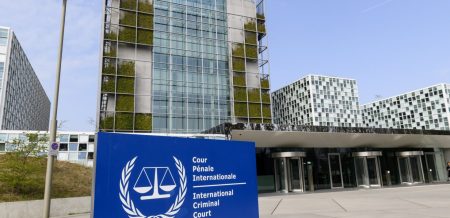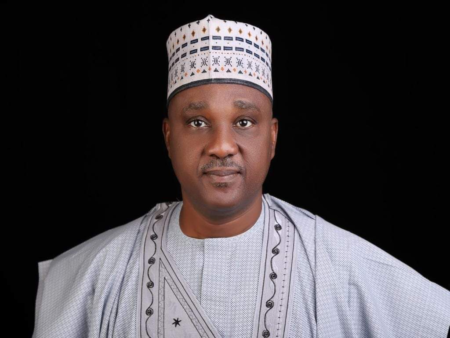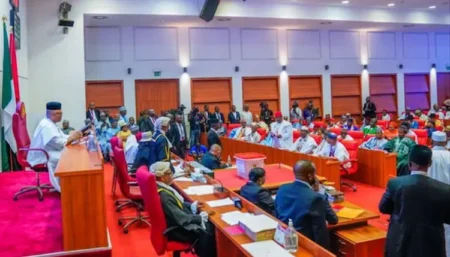New Zealand is set to make it easier for migrant workers to settle in the country, in a bid to strengthen its workforce and stimulate economic growth.
On Tuesday, Minister for Economic Growth Nicola Willis announced two new residency pathways aimed at attracting skilled and experienced migrants to fill gaps in the labour market.
“Businesses told us it was too hard for some migrants to gain residence, even when they had crucial skills and significant experience that was not available in the existing workforce,” Willis said in a statement.
The initiative comes amid record levels of emigration and a contracting economy. Between July 2024 and July 2025, 73,400 New Zealand citizens left the country, compared with 25,800 returning to live, according to figures from Stats NZ.
The new residency pathways, due to be introduced from mid-2026, will target two groups. The first is migrants in skilled roles who meet specified experience and salary thresholds. The second is migrants in trades and technical roles who satisfy qualification, work experience and wage requirements.
Immigration Minister Erica Stanford said the skilled work experience pathway would help employers retain workers “who are already contributing to New Zealand’s economy and have demonstrated value in their roles”. She added that the trades and technicians pathway recognised the importance of practical skills in industries where non-university qualifications are valued.
The announcement follows earlier changes to immigration policy. In January, the government relaxed visitor visa rules to attract “digital nomads”, remote workers who travel while working, including social media influencers paid by overseas companies. In February, it eased requirements for the Active Investor Plus visa, known as the “golden visa”, which offers residency to wealthy foreign investors.
Business New Zealand welcomed the latest measures, saying they would help employers retain skilled staff. Infrastructure NZ supported the changes but called for an earlier start date.
However, coalition partner New Zealand First opposed the plan, invoking the ‘agree to disagree’ clause. Party leader and Foreign Affairs Minister Winston Peters described the proposal as “unfocused” and warned that New Zealand was being used as a “stepping stone into Australia”.
“We take them in, train them, up-skill them, look after their families, and then they emigrate,” Peters said. Stats NZ data shows that of New Zealand citizens who moved to Australia in 2024, 35% were born outside New Zealand.
Peters argued for a “smart immigration system” that prioritises the needs of domestic employers, industry and local workers, rather than policies that increase immigration without a long-term plan for future generations.









